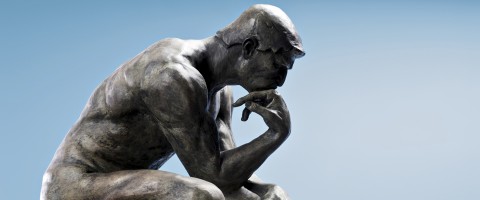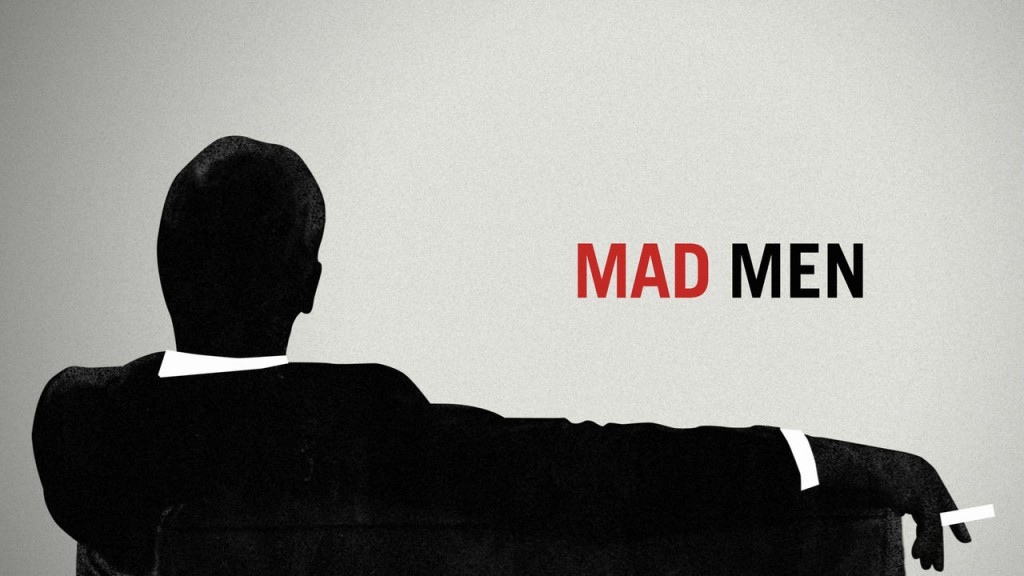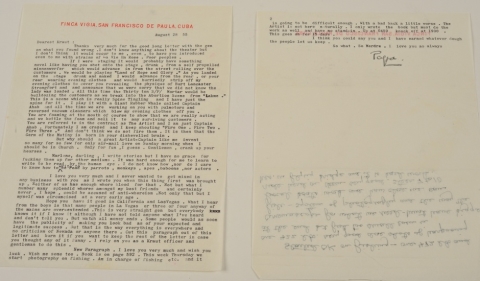We reached a little milestone this week. Our big list of Free Online Courses now features 1,000 courses from top universities. Let’s quickly break things down for you: The list lets you download audio & video lectures from schools like Stanford, Yale, MIT, Oxford and Harvard. Generally, the courses can be accessed via YouTube, iTunes or university web sites, and you can listen to the lectures anytime, anywhere. We didn’t do a precise calculation, but there’s probably about 30,000 hours of free audio & video lectures here. Enough to keep you busy for a long, long time.
Right now you’ll find 113 free philosophy courses, 78 free history courses, 100 free computer science courses, and 54 free physics courses in the collection, and that’s just beginning to scratch the surface. You can peruse sections covering Astronomy, Biology, Business, Chemistry, Economics, Engineering, Literature, Math, Political Science, Psychology and Religion.
Here are some highlights from the complete list of Free Online Courses. We’ve thrown a few unconventional/vintage courses in the mix just to keep things interesting.
- A Romp Through Ethics for Complete Beginners — Free iTunes Video – Free Online Video – Free Online Audio – Marianne Talbot, Oxford University
- Ancient Greek History — Free Online Video — Free iTunes Audio — Free iTunes Video — Course Materials — Donald Kagan, Yale
- Creative Reading and Writing — William S. Burroughs — Free Online Audio — Naropa University
- Developing iOS 7 Apps for iPhone and iPad – Free iTunes Video — Paul Hegarty, Stanford
- Financial Markets — Free Online Video — Free iTunes Audio — Free iTunes Video — Course Materials — Robert Shiller, Yale
- Growing Up in the Universe – Free Online Video – Richard Dawkins, Oxford
- The Habitable Planet: A Systems Approach to Environmental Science – Free Online Video — Harvard/Smithsonian
- Harvard’s Introduction to Computer Science – Various Formats – David Malan, Harvard
- History of Architecture - Free iTunes Video – Jacqueline Gargus, Ohio State
- Heidegger’s Being & Time – Free iTunes Audio — Hubert Dreyfus, UC Berkeley
- Human Behavioral Biology – Free iTunes Video – Free Online Video – Robert Sapolsky, Stanford
- Introduction to the Old Testament (Hebrew Bible) – Free Online Video — Christine Hayes, Yale.
- Introduction to Visual Studies – Free iTunes iOS App — Anna Divinsky, Penn State
- Invitation to World Literature – Free Online Video — David Damrosch, Harvard
- Philosophy of Language – Free iTunes Audio – John Searle, UC Berkeley
- Physics for Future Presidents – Free Online Video – Richard Muller, UC Berkeley
- Quantum Electrodynamics – Free Online Video - Richard Feynman, Presented at University of Auckland
- Science and Cooking: From Haute Cuisine to the Science of Soft Matter — Free Online Video — Free iTunes Video — Course Info — Team taught, Harvard
- Shakespeare After All: The Later Plays – Free Course in Multiple Formats – Marjorie Garber, Harvard
- Speak Italian with Your Mouth Full — Free Online Video & Course Info — Free Online Video - Free iTunes Video — MIT, Dr. Paola Rebusco
- The American Novel Since 1945 – Free Online Video – Free iTunes Audio – Free iTunes Video — Download Course – Amy Hungerford, Yale
- The Central Philosophy of Tibet - Free Online Audio – Robert Thurman, Columbia University
- The Character of Physical Law (1964) — Free Online Video — Richard Feynman, Cornell
- The Tempest — Free Online Audio — Allen Gisnberg, Naropa
- Walter Kaufmann Lectures on Nietzsche, Kierkegaard and Sartre - Free Online Audio
- World War and Society in the 20th Century: World War II – Free Course in Multiple Formats – Charles S. Maier, Harvard
The complete list of courses can be accessed here: 1,000 Free Online Courses from Top Universities
Related Content:
1,000 Free Audio Books: Download Great Books for Free 800 Free eBooks for iPad, Kindle & Other Devices 4,000+ Free Movies Online: Great Classics, Indies, Noir, Westerns, Documentaries & More Learn 48 Languages Online for Free: Spanish, Chinese, English & More





